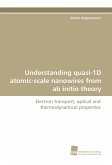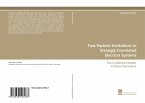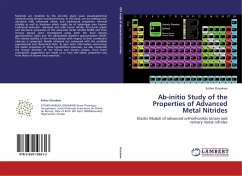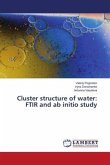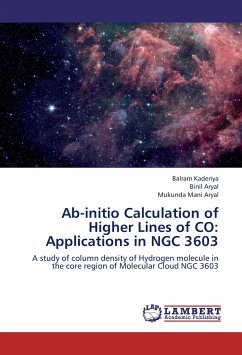Understanding energy dissipation mechanisms is a field of present-day scientific interest. Experimental results for electronic excitations in metals propose a measurable electronic excitation during many processes involving a metal surface, including epitaxy. While the role of the nuclear excitation processes is comparatively well understood, the role of electronic excitation processes in the energy dissipation during adsorption and other dynamical processes at surfaces is elusive. One of the reasons is that the interaction dynamics is often treated on a Born- Oppenheimer potential energy surface, which is, strictly speaking, not justified for metals, but lifting this restriction is computationally demanding. The focus of this book is the investigation of a perturbative approach to calculate electronic excitations. After a basic introduction into some major aspects of Density Functional Theory calculations, a time-dependent perturbative approach to calculate electronic excitations is developed. This approach is then applied to several model systems, and the results are compared to available experimental data, and other theoretical approaches.


